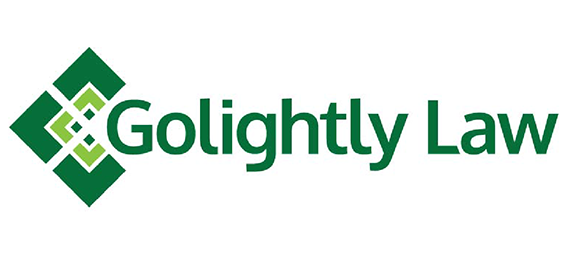
What is Probate and are There Alternatives to Probate?
Probate is a legal process that occurs after someone passes away, involving the distribution of their assets and settling of their debts under court supervision. While it can seem daunting, understanding the basics of probate, as well as alternatives like revocable trusts, can help individuals plan effectively for the distribution of their estates.
What is Probate?
The steps that an executor has to go through to “probate an estate” are different depending on state law. Each state has different statutes and different rules.
Generally, all probate (with or without a will) involves several key steps:
1. Asset Inventory: The court identifies and catalogs the deceased’s assets, including property, investments, and personal belongings.
2. Debt Settlement: Any outstanding debts, taxes, or claims against the estate are settled using the assets of the deceased.
3. Asset Distribution: Once debts are settled, remaining assets are distributed to beneficiaries according to the terms of the will or state law if there is no will (intestate).
Intestate vs. Testate Probate (Having a will versus not having a will):
Intestate Probate: When someone passes away without a valid will, their estate is distributed according to state intestacy laws. This means the court decides how assets are distributed, typically prioritizing spouses, children, and other relatives.
Testate Probate: If the deceased had a valid will, their estate goes through testate probate. The will dictates how assets should be distributed, and the court oversees the process to ensure the will’s instructions are followed.
Probate Process in Virginia:
Intestate Probate (No Will):
1. Appointment of Administrator: The court appoints an administrator to manage the estate, typically a close family member or other interested party.
2. Asset Inventory: The administrator identifies and values the deceased’s assets.
3. Debt Settlement: Outstanding debts, taxes, and claims against the estate are settled using available assets.
4. Asset Distribution: Remaining assets are distributed according to Virginia’s intestacy laws, typically prioritizing spouses, children, and other close relatives.
Testate Probate (With a Will):
1. Filing the Will: The executor named in the will files it with the probate court and petitions to be officially appointed as executor.
2. Executor Appointment: If the court approves the will and the nominated executor, they are granted authority to manage the estate.
3. Asset Inventory: The executor identifies and catalogs the deceased’s assets.
4. Debt Settlement: Debts and taxes are settled using estate assets.
5. **Asset Distribution**: Remaining assets are distributed according to the terms of the will. This is one of the biggest differences between having a will and not having a will.
Challenges of Probate vs. Revocable Trust:
While probate serves a necessary purpose, it has some drawbacks compared to alternatives like revocable trusts. A revocable trust is an alternative to having a will. Below are a few general challenges to the probate process:
1. Public Proceedings: Probate proceedings are a matter of public record, meaning anyone can access information about the deceased’s assets and beneficiaries. Revocable trusts, on the other hand, offer privacy by avoiding the probate process entirely.
2. Time and Expense: Probate can be time-consuming and costly, with court fees, attorney fees, and other expenses eating into the estate’s assets. Revocable trusts can streamline the distribution process, potentially saving time and money.
3. Court Supervision: Probate requires court oversight, which can lead to delays and complications. Revocable trusts allow for more flexibility and autonomy in asset distribution, without the need for court involvement.
While probate is a necessary legal process for many estates, it’s essential to understand its implications and explore alternatives like revocable trusts. By planning ahead and considering the best approach for your circumstances, you can ensure a smoother distribution of your assets and provide for your loved ones in the most efficient way possible.
Contact the Golightly Law team to learn more about probate and how to achieve your estate planning goals.

